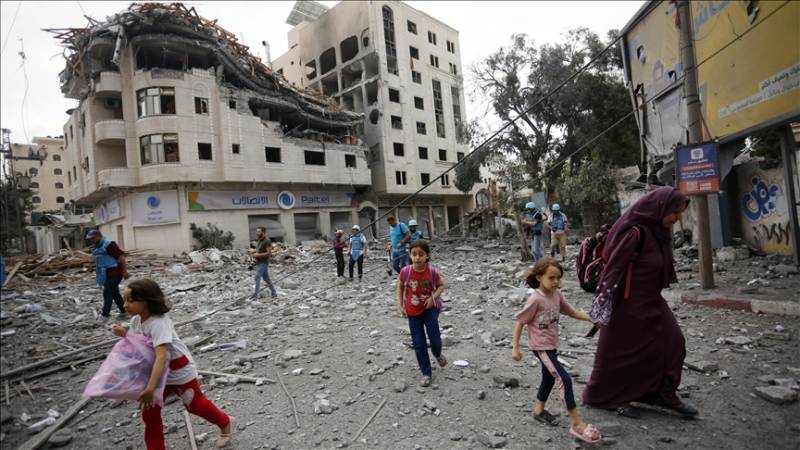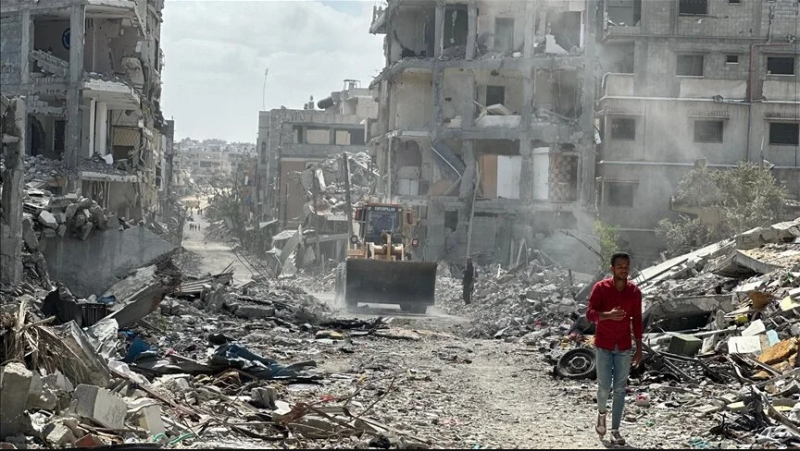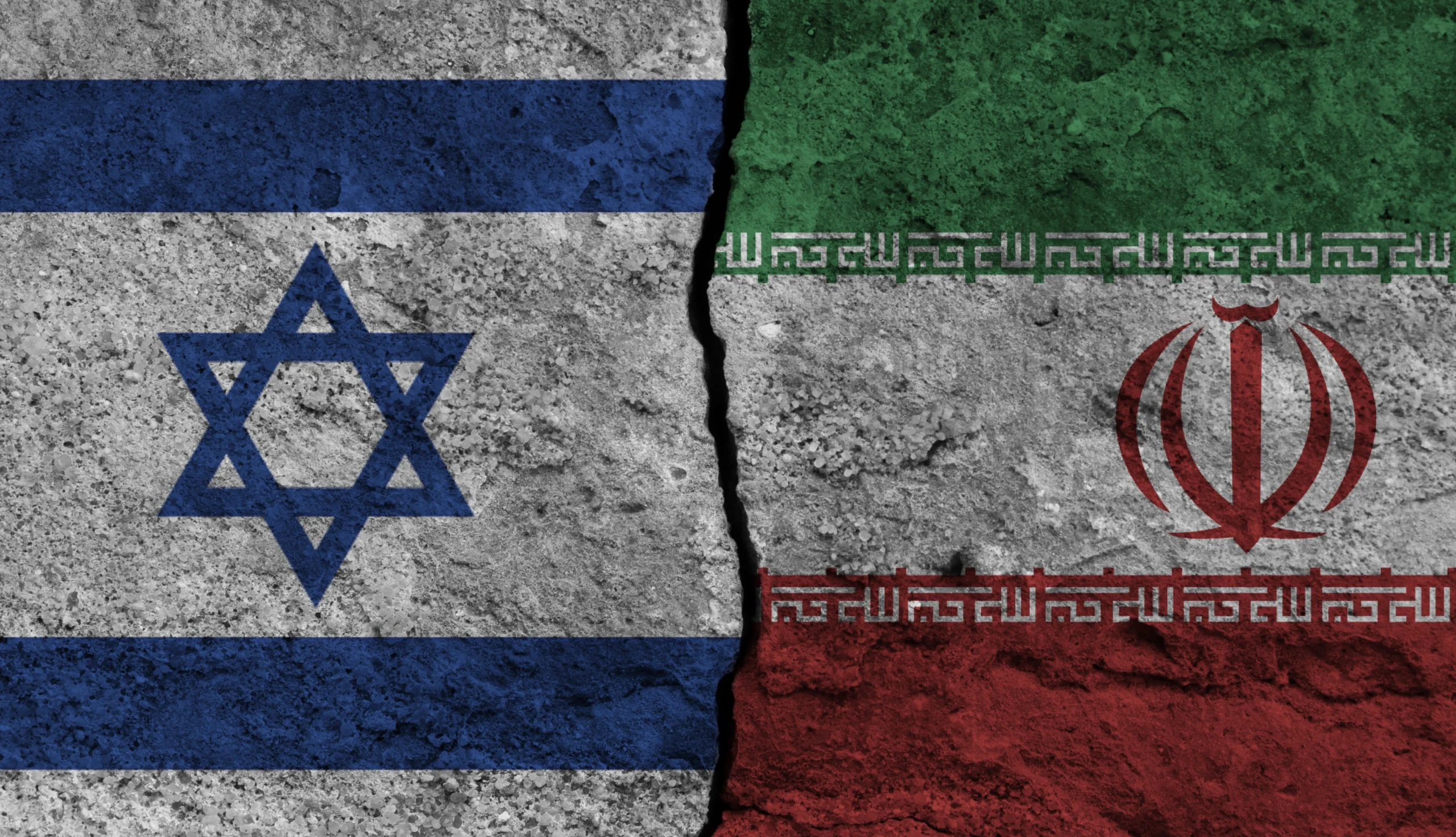Safia Ramzan
For the past 18 months, the world has been inundated with harrowing images emerging from Gaza. Yet, amid all the devastation, none are as haunting or heartbreaking as the faces of its children—emaciated, with sunken eyes and bloated stomachs, embodying the cruel toll of a man-made humanitarian catastrophe. Today, Gaza’s children are not just victims of conflict; they are starving to death in plain sight.
Two months into Israel’s total blockade of humanitarian aid, the situation has reached a critical point. According to UNICEF, over 9,000 children have already been treated for acute malnutrition this year alone. That figure, grim as it is, likely underrepresents the true scale of the crisis because many more children in urgent need of medical help remain out of reach, displaced by relentless airstrikes or trapped in areas too dangerous for aid workers to enter.
Gaza’s hospitals, overwhelmed and under siege, have run out of therapeutic food—specialized nutrition designed to save malnourished children. Community kitchens, once a lifeline for thousands, are on the brink of shutting down due to lack of supplies. Bakeries have gone silent, water production has plummeted, and markets have been stripped bare. What’s left is a wasteland of desperation where survival becomes more tenuous by the hour.
No justification—whether couched in the language of war or diplomacy—can explain away the inhumanity of starving a civilian population, especially children. Israeli officials argue that these severe restrictions are necessary to pressure Hamas into releasing hostages. Yet this rationale, repeated ad nauseam, rings hollow when stacked against the evidence. Despite months of siege and escalating humanitarian tolls, there has been no significant progress toward freeing hostages since the last ceasefire. Instead, what’s unfolding is a deliberate policy that punishes an entire population for the actions of a few—a textbook case of collective punishment, which is explicitly prohibited under international law.
Human Rights Watch has rightfully condemned Israel’s blockade as an instance of “weaponizing starvation”—a war crime under international humanitarian law. But these calls for accountability seem to fall on deaf ears. Instead of easing restrictions or facilitating humanitarian access, Israel has doubled down, tightening its grip on Gaza’s lifeline and pushing it closer to the edge of complete collapse.
In a particularly alarming development, a vessel carrying desperately needed aid was recently struck in international waters. While no state has officially taken responsibility, activists and observers strongly suspect that Israeli drones were behind the attack. If these suspicions are confirmed, the incident represents not only a violation of international maritime law but also a chilling signal that Israel is willing to extend its blockade enforcement well beyond Gaza’s borders. This attack further complicates already fragile efforts to get lifesaving supplies into the territory and raises troubling questions about the extent to which humanitarian actors are now being targeted.
Under the Fourth Geneva Convention, as an occupying power, Israel has a clear legal obligation to ensure the welfare and protection of civilians in Gaza. Yet, rather than upholding this duty, it appears to be doing the exact opposite: deliberately blocking aid, sabotaging relief efforts, and exacerbating human suffering. The consequences are not abstract. They are devastatingly real and heartbreakingly visible in the skeletal frames of Gaza’s children.
Please subscribe to the YouTube channel of republicpolicy.com for quality podcasts:
The international community’s response, meanwhile, has been woefully inadequate. While there have been periodic expressions of concern and calls for restraint, these words are rarely matched by meaningful action. Nations that supply Israel with weapons and provide it diplomatic cover bear particular responsibility. Their inaction not only emboldens Israel but also makes them complicit in the ongoing humanitarian crisis. It is not enough to wring hands and issue statements; concrete steps—whether through sanctions, arms embargoes, or diplomatic pressure—are urgently needed to compel a change in policy.
At the core of this crisis are children—innocents who have no stake in the politics of war, no say in the machinations of power. They are not combatants. They are not bargaining chips. They are simply children who deserve the basic right to life, health, and dignity. Every day that the blockade continues, it is not just food and medical supplies that are being withheld; it is the fundamental right to exist.
This humanitarian catastrophe in Gaza is not happening in secret. The world is watching. Images of suffering children are broadcast daily, piercing through the noise of geopolitics and laying bare the brutal reality of life under siege. There is no ambiguity here, no moral gray area. What is happening in Gaza is a preventable tragedy—a manufactured crisis driven by political will and maintained by international indifference.
History will judge the perpetrators of this cruelty, but it will also judge those who stood by and did nothing. The international community faces a stark choice: continue to offer empty platitudes while children waste away or take decisive action to end the blockade and uphold the principles of human rights and international law.
As the crisis deepens, one truth becomes ever more clear: the price of political inaction is being paid in the lives of Gaza’s children. Time is running out. The world must act now—before more innocent lives are lost to a siege that has already claimed too much.
















